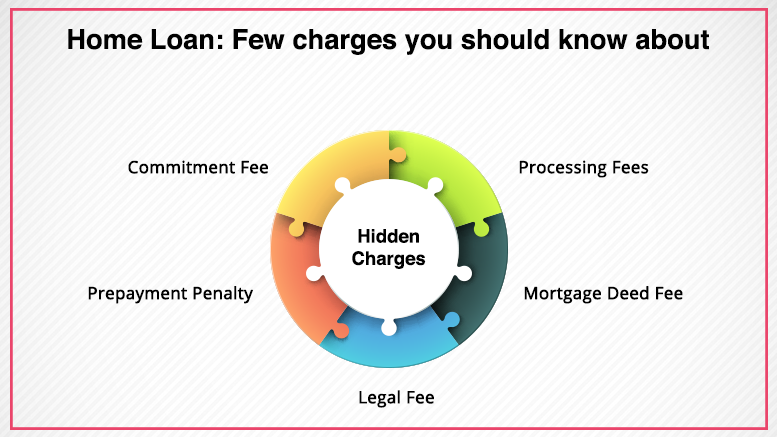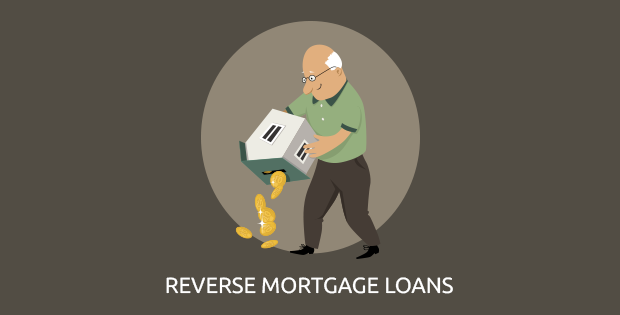
- About Us
- OUR OFFERINGS
- CALCULATORS
- RESOURCE CENTRE
-
Quick Links
- Existing Customers Benefits
- Become a Partner
- Pre-Approved Projects
- Home Loan App
- Blog
- CSR
- Locations
- Roi Switch Policy
- Co-Lending Policy
- Co-Lending Partnerships
- Customer Sensitization Program
- ROI Range
- Borrower Education - SMA/ NPA classification
- Borrower Awareness - RBI Ombudsman Scheme
- Borrower Awareness - procedure for handover of property documents
- NEWS CORNER
-
INVESTOR RELATIONS
- Financial Reports
- Investor Presentations
- Annual Reports
- Notices
- ESG Profile
- IEPF
- Investor Call Transcript
- Corporate Announcement
- Public Issue of NCD'S
- Qualified Institutional Placement
- Investor Relations Contact
- Familiarisation Programmes
- ISO CERTIFICATIONS
- Forms for Shareholder KYC-PAN-Nomination update
- Credit Ratings
- Statutory Advertisements
- ODR Portal
- Rights Issue
- Sustainable Financing Framework
- CONTACT US
- Login
 Apply
ApplyOnline

India's 1st Completely Online Home Loan!
-
e-APPLY
-
e-SANCTION
-
e-DISBURSE
Start your eHome Loans Process Now!
Apply OnlineHow will the introduction of GST affect Home Loan EMIs in India?

- Home Loans Guide ,Home Loan Transfer Guide ,Loan Against Property Guide
- Aug 08, 2017
- VIEWS: 6171
GST and its impact on home loan EMIs
Real estate is considered the most tangible, significant asset you can ever invest in. It’s no wonder that despite rising real estate rates, people continue to invest in different kinds of property. Most people, however, can only buy property by taking on a loan. Although the loan can be repaid in affordable EMIs (equated monthly instalments) one has to bear a lot of upfront expenses – down payment, processing and administrative fees and other such charges. On top of these mandatory expenses, borrowers also need to pay a mandatory tax – the Goods and Services Tax, simply known as GST. So here’s all you need to know about GST impact on home Loan EMI.
The effect of GST on everyday expenses in general and real estate investments in particular
The Government of India introduced the GST law in July 2017, with the intention of creating a uniform tax structure and eliminating the multiple different taxes payable. This newly implemented tax structure is a comprehensive, single tax that is levied by replacing all the other different cesses and taxes (VAT, Central Excise Tax, Service Tax, Octroi Tax, Krishi Kalyan Cess, Swachh Bharat Cess etc.) paid for all kinds of financial transactions. This new tax is levied on all goods and services – from shopping, eating at restaurants, investments, mobile phones, hotel stays etc.
The amount that you pay as GST differ – while some goods and services enjoy low taxes, you need to pay more for others. You will have to pay GST on home loans too. If you are a potential real estate investor you need to know about GST impact on real estate market and home loan EMIs. The GST you pay on property investments also depends on the city and state you are residing in, making it a destination-based tax system as well.
The implementation of GST on real estate investments
GST impact on real estate market is something that all real-estate investors need to pay attention to. Whether you are purchasing a home by taking on a loan or buying it from your savings, all property investors need to pay GST.
The effect of GST on home loans and EMIs has indeed been sizeable. Earlier, one had to pay a service tax of 15% while taking on a home loan, which was later revised to 18% GST when this new tax regime was introduced in July 2017. However, Since April 2019, the Government of India has significantly reduced the GST rates even further. These reduced rates have made it even easier for new borrowers to take on home loans and become property owners.
GST rates and real estate investments
As of April 2019, the Government of India has modified the GST regime significantly. The current requirements and rates of GST on real estate investments are as under:
- Every single person investing in real estate now comes in the GST net and must pay the necessary taxes associated with property investments
- Currently, the GST on all residential projects is 12%. This rate is applicable only on ready-to-move-in properties. The government has reduced this GST rate to 12% from the previous 18% GST applicable.
- Such is the GST effect on home loan EMI that people investing in under-construction properties, who previously had to pay GST of 12%, now have to pay a minimal GST amount of 5%.
- Investors purchasing homes under the Pradhan Mantri Awas Yojana (PMAY) “Housing for all” scheme and other such government housing schemes can receive further exemptions i.e. reduced GST rates on investments. Such people have to pay a small 1% GST (as opposed to the former 8% GST) while investing in government housing schemes.
As per government regulations, developers or builders are obligated to pass on or provide the benefit of ITC (Input Tax Credits) to buyers investing in real estate.
Final Word: The Government of India introduced GST in order to eliminate the complex, multi-tax payment system. Although the GST regime is simple to understand with regards to taxes paid on daily expenses, it is quite different with regards to loans – particularly home loans. As such, you must understand GST effect on home loan EMI before you take on the loan. Similarly, you should be aware of the impact of GST on investment costs before buying property by dipping into your savings or taking a loan.
Related Articles:
- How to choose the right home finance company in India?
- Know your EMI
- Calculated decisions are always the best
The post How will the introduction of GST affect Home Loan EMIs in India? appeared first on Indiabulls home loans.

Top up home loan vs personal loan a comparison to determine the better choice for loans
Taking on a loan of any kind is a financial responsibility. It is a debt that needs to be repaid, in full, based on the tenure chosen by the borrower. Most banks, housing finance companies and non-banking finance companies offer a myriad of loans to finance the different needs of customers.
- Home Loans Guide
- Jul 23, 2019
- VIEWS: 8923

MCLR in Home Loan
The interest rate is one of the most important components of a loan, especially in the case of a high-value loan that lasts for 2 decades or more; the home loan.
- Home Loans Guide
- May 24, 2019
- VIEWS: 6669

Types of Home Loan Charges
Most people fulfil their wish of becoming homeowners by taking out a home loan. It is the easiest way to afford a property as one can pay for the house in monthly instalments.
- Home Loans Guide
- May 24, 2019
- VIEWS: 7970
No Comments
Subscribe
Most Viewed Blogs
Categories
- Home Loans Guide 125
- Home Renovation Loan Guide 3
- Home Loan Transfer Guide 14
- Home Extension Loans Guide 1
- Loan Against Property Guide 28
- Home Loan Interest Rates Guide 2
- Others Guide 8
- Home Decor & Lifestyle Guide 5
- Plot Loan Guide 3
- PMAY Guide 5
- Uncategorized Guide 1
- NRI Home Loans Guide 5
- Financial Resolutions Guide 1
- New Year Resolutions Guide 1
Archives
- Mar 2020
- Jan 2020
- Nov 2019
- Jul 2019
- Jun 2019
- May 2019
- Apr 2019
- Mar 2019
- Feb 2019
- Jan 2019
- Dec 2018
- Nov 2018
- Jul 2018
- Jun 2018
- May 2018
- Apr 2018
- Mar 2018
- Feb 2018
- Jan 2018
- Dec 2017
- Nov 2017
- Oct 2017
- Sep 2017
- Aug 2017
- Jul 2017
- Jun 2017
- May 2017
- Apr 2017
- Mar 2017
- Feb 2017
- Jan 2017
- Dec 2016
- Nov 2016
- Oct 2016
- Jun 2016
- Apr 2016
- Mar 2016
- Feb 2016
- Jan 2016
- Dec 2015
- Nov 2015
- Oct 2015
- Sep 2015
- Aug 2015
- Jul 2015
- Jun 2015








